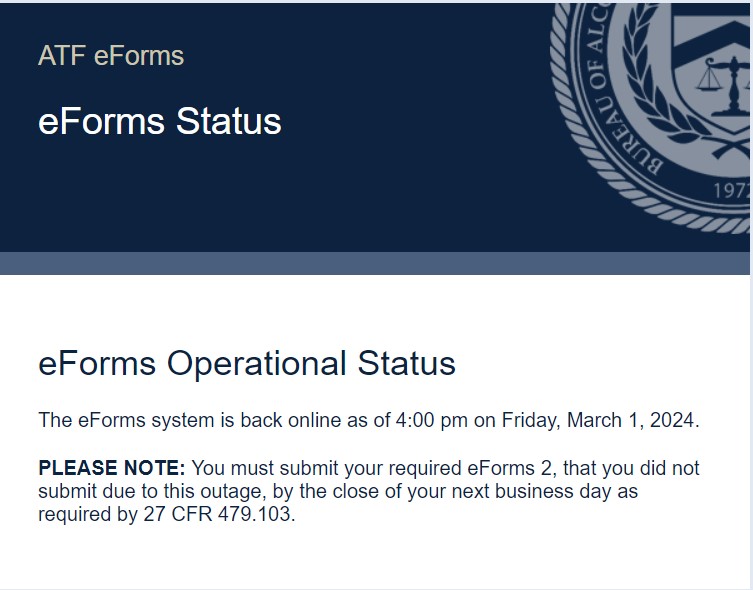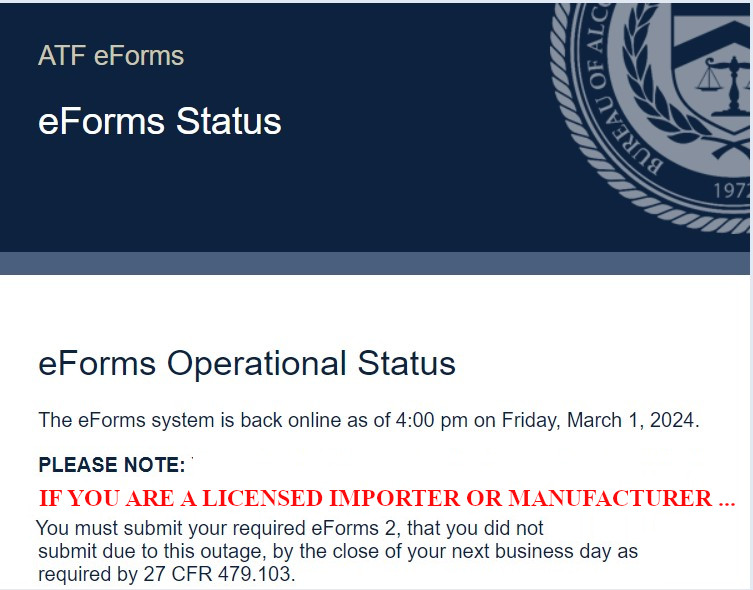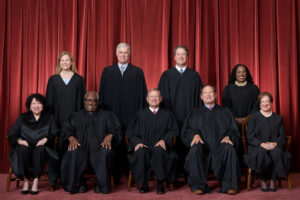
In today’s Supreme Court decision regarding National Rifle Association of America v. Vullo, the key issue centered on whether a New York state regulator’s actions violated the NRA’s First Amendment rights.
Specifically, the case examined whether Maria T. Vullo, then Superintendent of the New York State Department of Financial Services, unconstitutionally used her political power to coerce banks and insurance companies into no longer doing business with the NRA due to its stance in favor of gun rights.
This is an issue that gun rights advocates have feared for some time, as anti-gun politicians see this as a way to freeze pro-gun organizations out of the marketplace. For example, gun stores have found it increasingly difficult to find insurance companies, credit card processors, and even secure banking services.
In a strong rebuke to Ms. Vullo’s position, the Supreme Court ruled unanimously in favor of the NRA, finding that Vullo’s actions constituted a clear violation of the First Amendment. The Court determined that the regulator’s efforts to influence financial institutions to sever ties with the NRA, based on the organization’s protected speech, were coercive and therefore unconstitutional.
The decision, written by Justice Sotomayor, hits the key issue and the holding in the first paragraph:
Six decades ago, this Court held that a government entity’s “threat of invoking legal sanctions and other means of coercion” against a third party “to achieve the suppression”
of disfavored speech violates the First Amendment. Bantam Books, Inc. v. Sullivan, 372 U. S. 58, 67 (1963). Today, the Court reaffirms what it said then: Government officials
cannot attempt to coerce private parties in order to punish or suppress views that the government disfavors.
This important ruling sets a strong precedent limiting the extent to which government officials can pressure private companies to act against organizations based on their advocacy positions and will provide a framework for challenging other state and federal agencies should this method of cutting off services to the firearms industry continue.

 The clock is ticking down for several key Supreme Court cases that impact the firearms community.
The clock is ticking down for several key Supreme Court cases that impact the firearms community.
 The ATF recently announced a number of changes to the way they process NFA applications.
The ATF recently announced a number of changes to the way they process NFA applications.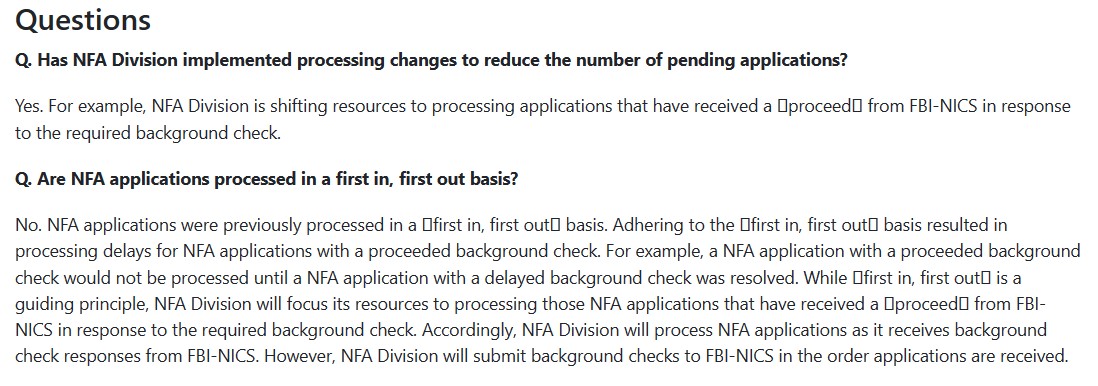
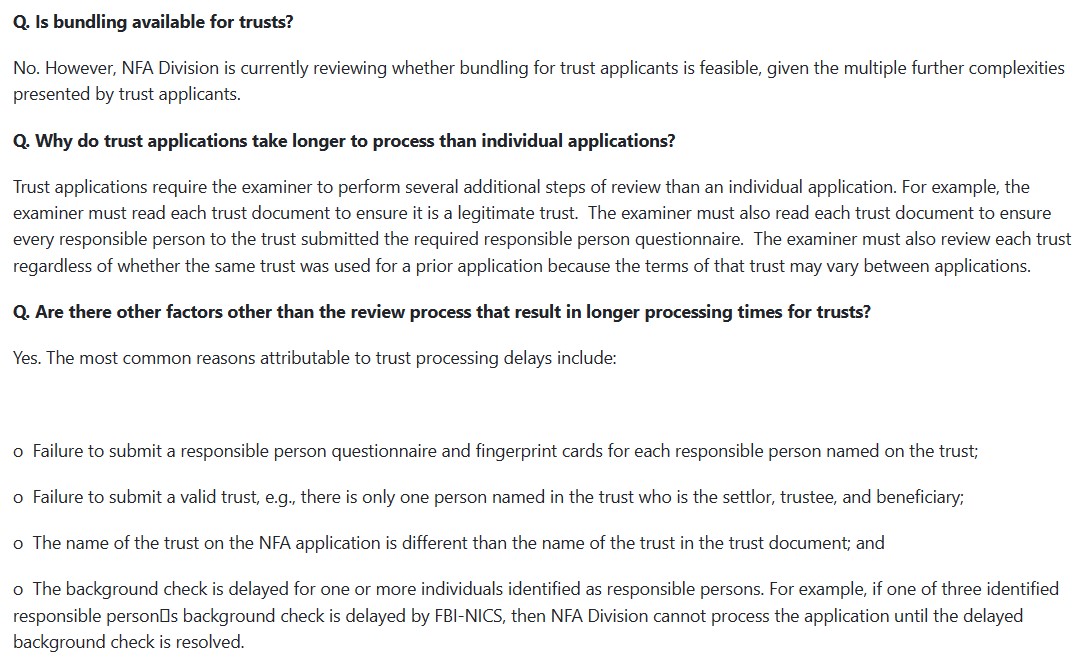
 During the last week of February, eForms was down for several days, affecting submissions from FFLs and gun-owners alike.
During the last week of February, eForms was down for several days, affecting submissions from FFLs and gun-owners alike.